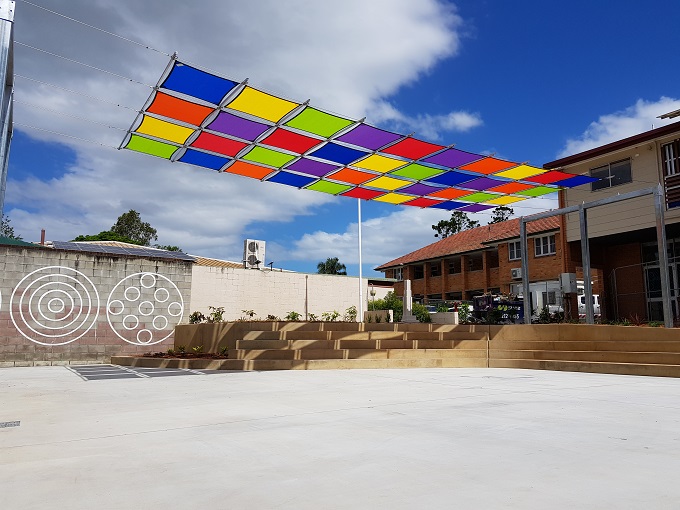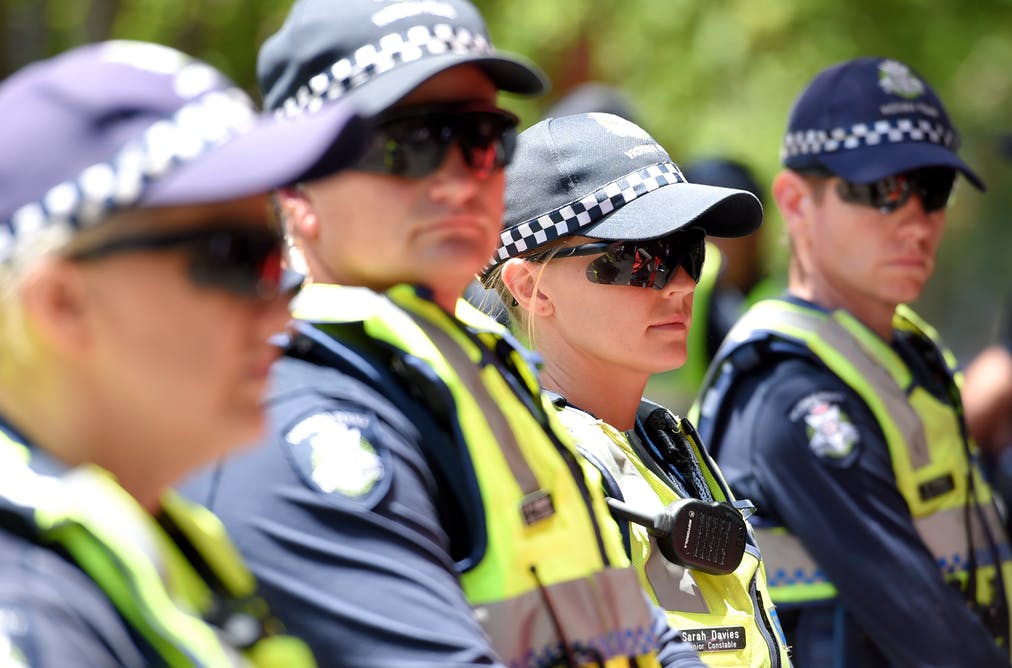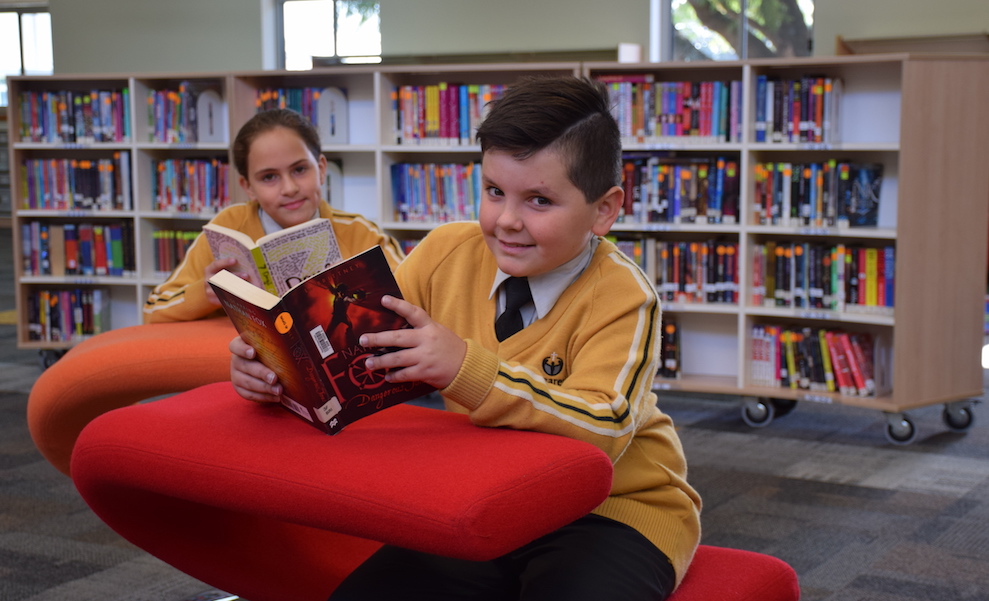Teachers asked to help identify forced marriages
The Australian Federal Police have asked educators to be alert for the signs of children being forced to marry.

Along with a plethora of other warning signs and red flags educators are often asked to keep an eye out for, the AFP has released a statement asking schools to learn the signs of forced marriage.
As teachers are on the front line and see children regularly, they are well placed to observe behaviour changes that might be indicative of students being forced into arrangements that are exploitative and dangerous.
Read the latest print edition of School News HERE
The AFPP says: “A forced marriage is when a person enters a marriage without freely and fully consenting, because they have been coerced, threatened, or deceived, or because they are incapable of understanding the nature and effect of a marriage ceremony, for reasons including age or mental capacity.”
Unfortunately, human trafficking is not as uncommon as we would hope, with the AFP receiving 340 reports in 2022/23 of offences, including forced marriage and servitude, which was an increase on the previous year of 294 reports.
Ninety of those were reports of forced marriage, and while anyone can be a victim of forced marriage, regardless of age, gender, ethnicity or religion, half of the reports involved underage victims.
What are the signs to look out for?
“Things like a sudden change in domestic arrangements, heightened anxiety when talking about family matters or holidays, or having very limited independence can be early indicators of forced marriage,” AFP Human Exploitation Commander Helen Schneider said.
Other signs might include:
• Having a family history of older siblings leaving school early;
• having a highly controlling family or community, always being accompanied, limited or no control over education and career choices;
• having communications restricted or monitored;
• expressing anxiety or concern over an upcoming family holiday or overseas travel;
• expressing concern about early marriage or marriage in general;
• extended or increasing absence from school or a drop in performance and motivation;
• expressing concern, shame or anxiety if they do not fulfil family or community expectations.
While any of these signs, or even a combination of a few, do not necessarily mean the child is at risk, schools are often well placed to observe changes in students, and they may be the children’s only contact outside of the family.
If teachers or the victim are not comfortable speaking with the police, there are many other services and agencies who can provide support, and the AFP encourages schools to have systems and services in place to support victims of human trafficking and forced marriage offences.
If you suspect that you or another person has experienced, or is at risk of, forced marriage or human trafficking, call 131 AFP (237) or use the AFP’s human trafficking online information report. The information you provide will be kept confidential.







